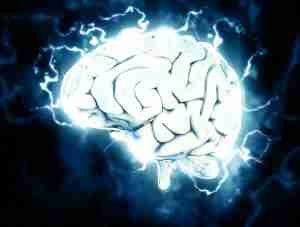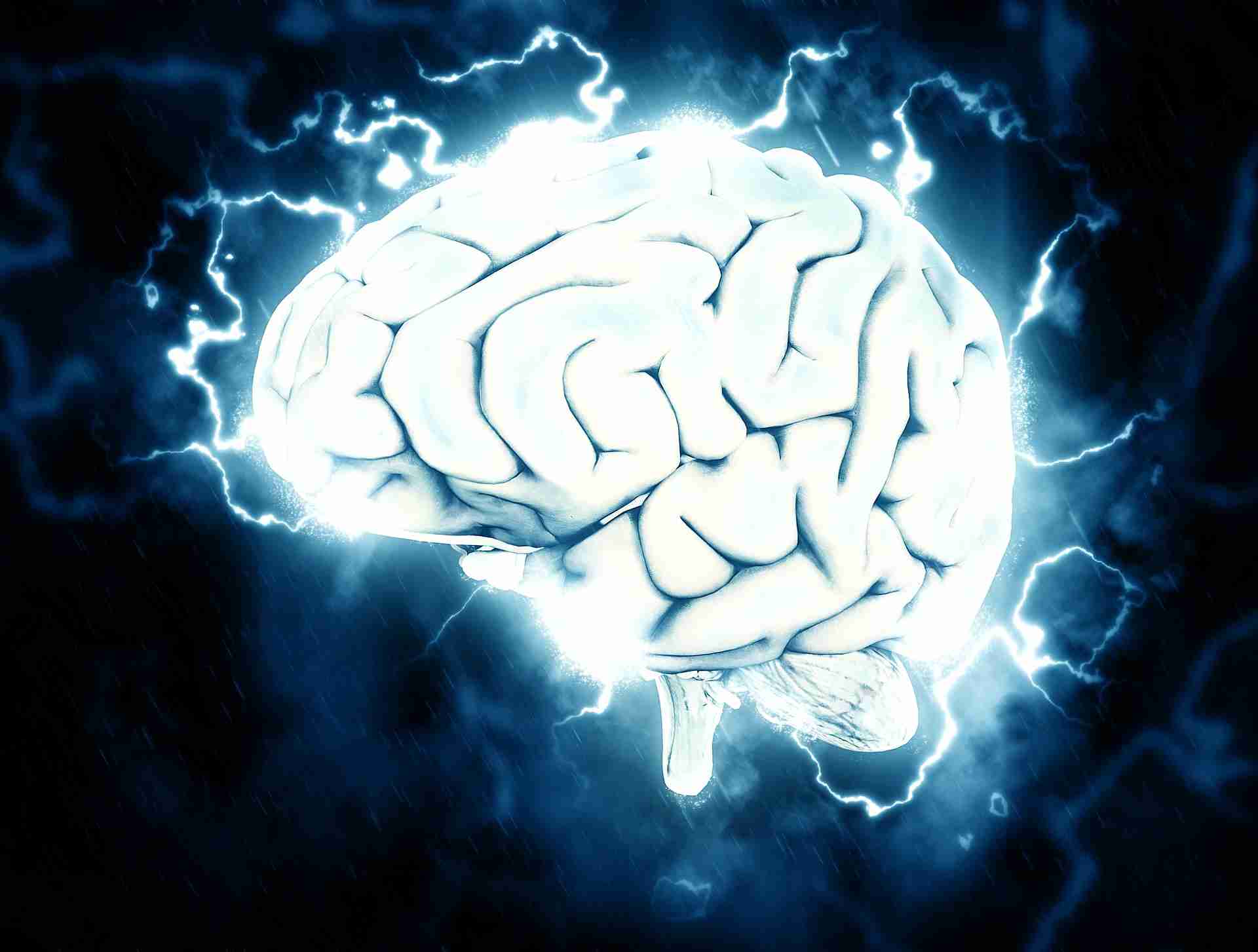Experts Call for Rules to Protect Privacy Law
Soon, thanks to machine learning and the maturation of the central nervous system connection, the blind will be able to see again, paralysed robots will be able to use their limbs, and neurological problems will be remedied.

However without governance, this burst of invention spells peril for mankind, cautions a team of experts headed by neurologist Rafael Yuste of Columbia University and Washington bioethicist Sarah Goering. And over half a dozen medical professionals, professionals, behavioral scientists, and data scientists have collaborated on a new piece published in Nature that calls for ethical principles to address the expanding use of computers to augment or restore human skills.
The Privacy Law Protection Act of 2018
“We simply want to be certain that this digital software that is really exciting, and that may alter our lives, is utilised for the betterment of humanity,” said Eustace, head of Columbia’s Center for Neurotechnology and supporter of the Data Science Institute.
The long legacy of dystopian fiction, the blending of technology with the human psyche to improve or repair brain function is growing closer to reality. According to the authors, the market for commercial brain implants is poised to be headed by Brian Johnson’s company.
Kernel and Elon Musk’s Tech giant currently exists at $ 100 million. Despite President Obama’s effort solely, the US administration has invested additional $ 500 million during 2013, authors write.
Protections for Personal Information by Law
Despite the promising returns on these investments, the authors are concerned about four primary threats: corporate, government, and hacker exploitation and manipulation of individuals; loss of secrecy; lack of identity and freedom; and also the possibility to deepen social inequities. Gain more authority to act.
The authors suggest that, similar to organ donors, people should opt in before sharing data from their wearable brain devices, and they also advocate for a ban on the commercial selling of personal data. Which is controlled by.
Read Also: Fruit Fly Brains Inform Future of Search Engines
The authors argue that a global conference should be established to determine which behaviours will be outlawed and to inform the public of the potential consequences to their own disposition, character, and sense of self-worth.
Which Types of Individual Data Should Be Secured by Law?
Last, to solve the capacity for humans to be patience with Super True Intelligence to everybody for a central nervous system weapons race, they advise forming a heritage council to define norms and regulations Huh. They also suggest regulating armed services use of brain technology, just as the Geneva Protocol regulates biological and chemical weaponry.
In a previous piece in the publication Cell, Youst and Goering presented similar reasons for responsible to enforce into brain technology solutions that define ethical principles and criteria for merging human technology, referencing the Belmont Committee of the 1970s.
What’s the Law to Protect Individual Privacy?
Take into account the following possibility. A disabled individual engages in a clinical study of a central nervous system interface (BCI) (BCI). They implant a chip on their head and educate a computer to read the electrical signals it generates as they practise a task in their head. A robot arm is controlled by instructions generated by the computer.
Listed below are four ethical concerns that must be addressed in the development of neurotechnology and artificial intelligence.
The guy eventually becomes dissatisfied with the experimental squad. After kidnapping one of the study workers, his robot hand later injures the victim by crushing a cup with its bare hands. Though he blames a technical glitch in the gadget, he wonders whether his displeasure in the team had a role in his behaviour.






